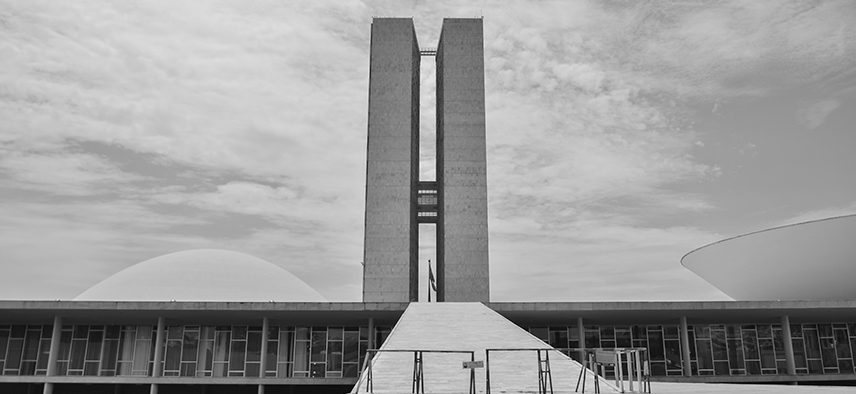The fence of shame was born in 1890, but it remains very up-to-date, it is a determination that guarantees freedom of creation, internal structuring and the functioning of religious organizations, that legislation has been in force since the middle of our Republic, and it is not the passage of the years that will invalidate it. The prohibition of the shame of worship acts as an impulse of power of religious freedom, determining that no federal entity: Union, States, Federal and Common District, can act to mitigate freedom of belief, which has been expressed since the construction of a temple, even in religious proselytism.
On 7 January 1890, after the fall of the Empire and with the advent of the Republic, with Rui Barbosa, Decree 119-A is created, subsequently repealed by the government of Collor 170 and reissued by Fernando Henrique Cardoso by Decree No. 4. 496 / 2002, preventing any governmental action to put obstacles to the spread of the gospel of Jesus Christ, as well as to the dissemination of the Christian faith or any other faith and belief !!According to regulatory law (Decree 119-A / 1890) :
- 1st E? It prohibits the federal authority.
- As well as that of federal states.
- From issuing laws.
- Regulations or administrative acts.
- Creating or prohibiting a religion.
- And creating differences between the inhabitants of the country.
- Or in services supported at the expense of the budget.
- By philosophical or religious beliefs or opinions Art.
- 2 – The right of all religious confessions corresponds to the power to worship.
- To be governed by one’s faith and not to be contradicted in public or private acts.
- Which are of interest in the exercise of this decree.
- Article 3 Freedom instituted here includes not only individuals in individual acts.
- But also the churches.
- Associations and institutes with which they are associated; everyone has the right to form and live collectively.
- According to their creed and discipline.
- Without government intervention.
The regulatory law is direct and clear: it is forbidden to shame any religion or church, and it is up to all, individuals and religious organizations, in the current concept, to form and live collectively!Although this law is dated 1890, it has full force and application today, even, as mentioned elsewhere, recently reinstated. The lack of information and minimal legal knowledge of several municipal public offices that often pose administrative obstacles to the creation or maintenance of churches is incredible and when asked to comply with Decree 119-A, they say it is no longer of value because it is old!
The law loses its validity only when expressly revoked by another, in accordance with article 9 of the complementary law 95/98 or when it is totally incompatible with another subsequent law and statute (federal, state, internal) in accordance with the law of introduction to the rules of Brazilian law, which is obviously not the case. There is no federal law incompatible with Decree 119-A, under the penalty of restrictions on religious freedom and freedom of worship organization on Brazilian soil.
Article 2 Not intended for temporary validity, the law shall remain in force until another law modifies or revokes it The subsequent law repeals the previous law when it expressly declares it, where it is inconsistent with it, or when it fully regulates the subject matter in question. The previous statute. Paragraph 2. La new law, which lays down general or special provisions in addition to existing ones, does not revoke or amend the previous law. (NL) Article 9 The revocation clause must expressly mention the repealed statutory laws or provisions. (LC 95/98)
Is it such a stupid argument that, if true, what would be the legal status of the Golden Law or, in the United States, the Constitution of the United States?We mention this only because, unfortunately, more than once in our legal practice, we hear this legal joke in notaries and municipal public offices, religious sentiment is kept alive between the ages, has not diminished and has not lost importance, it is not limited because it is one of the components of the dignity of the human person.

